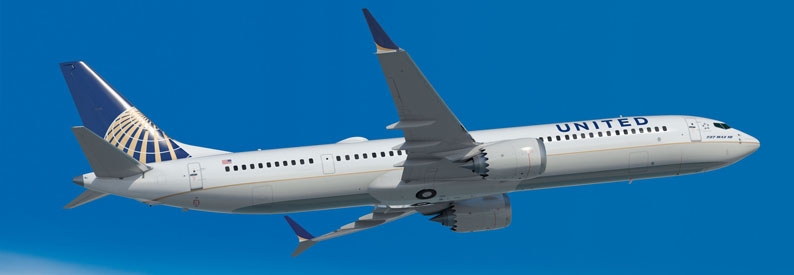United Airlines Stocks Plunge Amid Economic Concerns

U.S. airline stocks have tumbled to their lowest levels since late 2024, driven by emerging economic headwinds and a decline in consumer spending. Recent data from the U.S. Commerce Department revealed that consumer spending fell in January for the first time in nearly two years—a development that has rattled investors and raised concerns over future demand for air travel.
The downturn in airline stocks comes on the heels of new tariffs imposed by President Donald Trump on Mexico and Canada, as well as higher tariffs on Chinese goods. These measures, which have sparked retaliatory duties, have alarmed executives at major retailers such as Best Buy and Target. They warned that the tariffs could lead to higher prices for consumers, potentially dampening demand across multiple sectors, including travel.
Among the most affected carriers is United Airlines, which fell approximately 6% after the news. United, which has significant exposure to China, is seen as particularly vulnerable in this environment. Delta Air Lines experienced a similar decline, while American Airlines dropped nearly 4% for the day. Domestic-focused carriers also suffered: JetBlue Airways lost nearly 6%, Allegiant Air shed more than 9%, and ultra-low-cost carrier Frontier Airlines ended more than 4% lower.
These declines have come despite what had previously been seen as a bright outlook for the industry, especially among full-service carriers with expansive international networks. Analysts now anticipate that the emerging economic soft patch will likely impact demand, particularly among price-sensitive domestic travelers. Deutsche Bank noted in a recent report, “While we continue to remain constructive on the supply backdrop – which we still believe is favorable – our attention has shifted to what appears to be an emerging economic ‘soft patch.’” The bank added that this soft patch could weigh on demand for air travel in the domestic discretionary segment, even though signs of weakness have not yet been seen in corporate or long-haul international travel.
United Airlines CFO Mike Leskinen, speaking at a Barclays industry conference, remarked that business remains robust, especially on international leisure routes, although domestic leisure demand is only “fine.” Leskinen also highlighted that government travel—accounting for about 2% of United’s revenue—has declined following recent layoffs and cost-cutting measures implemented since Trump’s presidency.
Delta, too, has seen its domestic demand affected. The carrier experienced softness last month attributed to slower government travel, adverse weather, and operational setbacks including a deadly American Airlines regional jet collision in January and a crash landing in Toronto last month, in which all passengers survived. Despite these challenges, Delta’s spring break bookings remain strong, and near-term international demand, particularly on U.S.-Europe routes, appears robust, according to insights from a Delta network planning executive.
The current environment has cast a shadow over the airline industry, which had been buoyed by strong demand and a shift toward premium travel segments. With airlines scrambling to win over customers by offering luxurious seating and enhanced onboard experiences, the emerging economic uncertainties pose a new challenge. As policymakers and industry leaders work to navigate these complex issues, the coming months will be critical in determining how these macroeconomic factors impact consumer behavior and the future trajectory of the airline industry.
Related News : https://suspicious-zhukovsky.67-21-117-18.plesk.page/?s=United+Airlines
